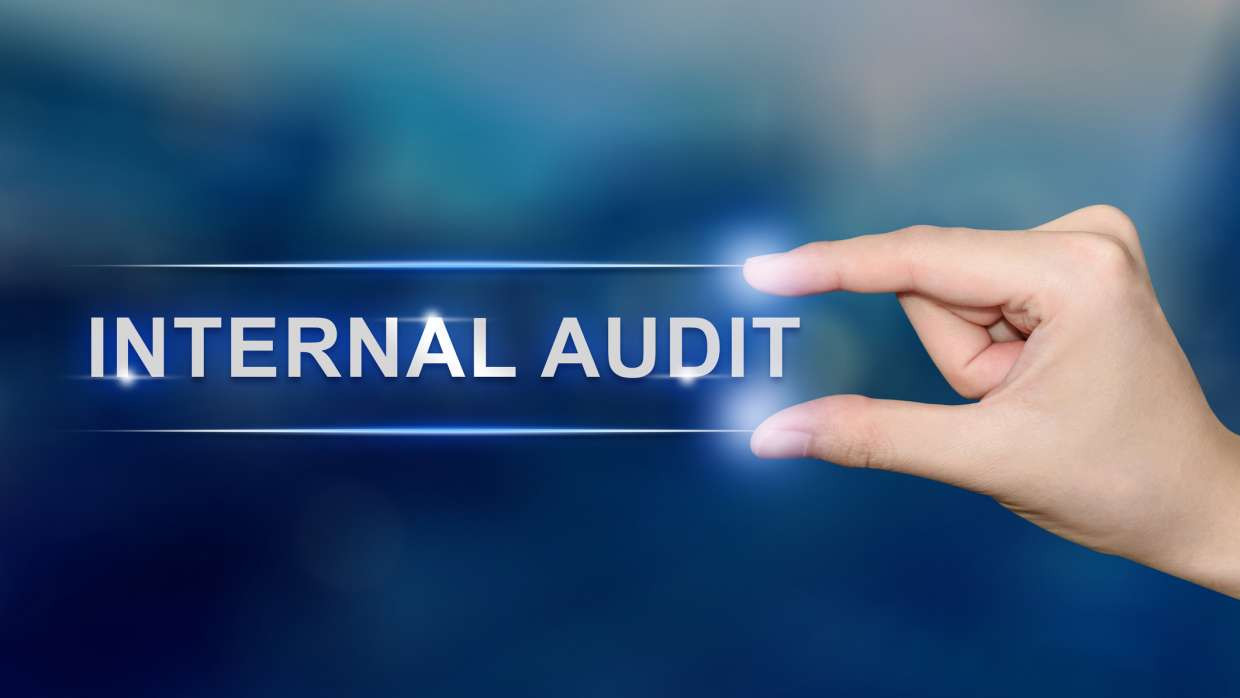
AFRICAN Federation of Institutes of Internal Auditors (AFIIA) chairperson Ruth Doreen Mutebe says internal audit professionals must follow the new international auditing regulations to improve their work and good governance.
The International Internal Audit Standards Board is in the process ofreviewing public comments on the draft of the proposed global internal audit standards.
This is a major step in a multiyear project to comprehensively review and update the Institute of Internal Auditors (IIA) International Professional Practices Framework (IPPF) including the International Standards for the Professional Practice of Internal Auditing.
The IIA is an American international professional association and is the internal audit profession’s leader in standards, certification, education, research, and technical guidance throughout the world.
“If Zimbabwe wants to succeed, it has to be aligned with what is happening in other successful countries and that is the way to go.
“Failure to align ourselves with the improved version of the IPPF, we are deciding to remain behind,” Mutebe told Standardbusiness in an interview last week at the lIA annual conference held in Victoria Falls.
“So, being aligned and moving forward is important because we will then have internal auditors do a quality job and will have meaningful conversations that are not only good for individual organizations but good for the country as a whole in line with the risks that we have.”
According to the IIA, the new standards incorporate the five mandatory elements of the current framework. These are the mission of internal audit, definition of internal auditing, core principles for the professional practice of internal auditing, code of ethics, and standards as well as one of the recommended (non-mandatory) elements, the implementation guidance.
- ‘Bribe-taking bigwigs stifle corruption war’
- Be creative & proactive, internal auditors told
- Internal auditors urged to go global
- Internal auditors are dealing with many emerging issues
Keep Reading
What this means is that these elements will no longer exist as separate entities as was the case in the current IPPF framework.
Mutebe said if a stronger internal audit function was implemented, good governance in auditing an organisation would be achieved.
“A good strong leadership within the organisation taking the right decisions and then you will have strong contracts, strong compliance, and those are some of the thing’s regulators look at,” she said.
The new regulations come at a time when Zimbabwean internal auditors face challenges including a hyperinflationary environment, low investment, foreign currency shortages, and political uncertainties associated with the recently disputed elections.
Another major challenge is the disparity between the official and parallel forex rates, as this has made it hard in the accounting profession to determine an organisation’s true financial performance in a reporting period.
IIA (Zimbabwe) acting chief executive officer Mayepudza Mbira said internal auditors’ challenges were issues that arise from the evolving nature of organisations, increasing complexity of operations, and the dynamic regulatory landscape.
“As organisations expand globally and diversify their operations, internal auditors are required to have a deep understanding of various industries, markets, and regulatory frameworks. The dynamic regulatory landscape also presents a challenge for internal audit,” Mbira said.
“Regulatory requirements are constantly evolving, and organizations need to ensure compliance with a wide range of laws, regulations, and industry standards.
“Furthermore, internal audit faces challenges related to resource constraints. Many organizations struggle with limited budgets for their internal audit functions, which can impact the ability to attract and retain skilled professionals.”
She said additionally, there may be competing priorities within the organisation, leading to a lack of support or resources for internal audit activities.
“Internal auditors face the challenge of resistance to their role in the workplace.
“This can hinder the effectiveness and efficiency of the internal audit function in providing independent and objective assurance,” Mbira said.
She said with the rapid development of technology, organisations were increasingly relying on automated systems and digital platforms to conduct their operations.
“This poses a challenge for internal auditors as they need to understand and assess the effectiveness of these technologies in order to provide assurance on the reliability and integrity of financial and operational data,” Mbira said.
“Additionally, internal auditors need to possess the necessary skills to leverage data analytics tools and techniques to analyse large volumes of data and identify potential risks or anomalies.”







